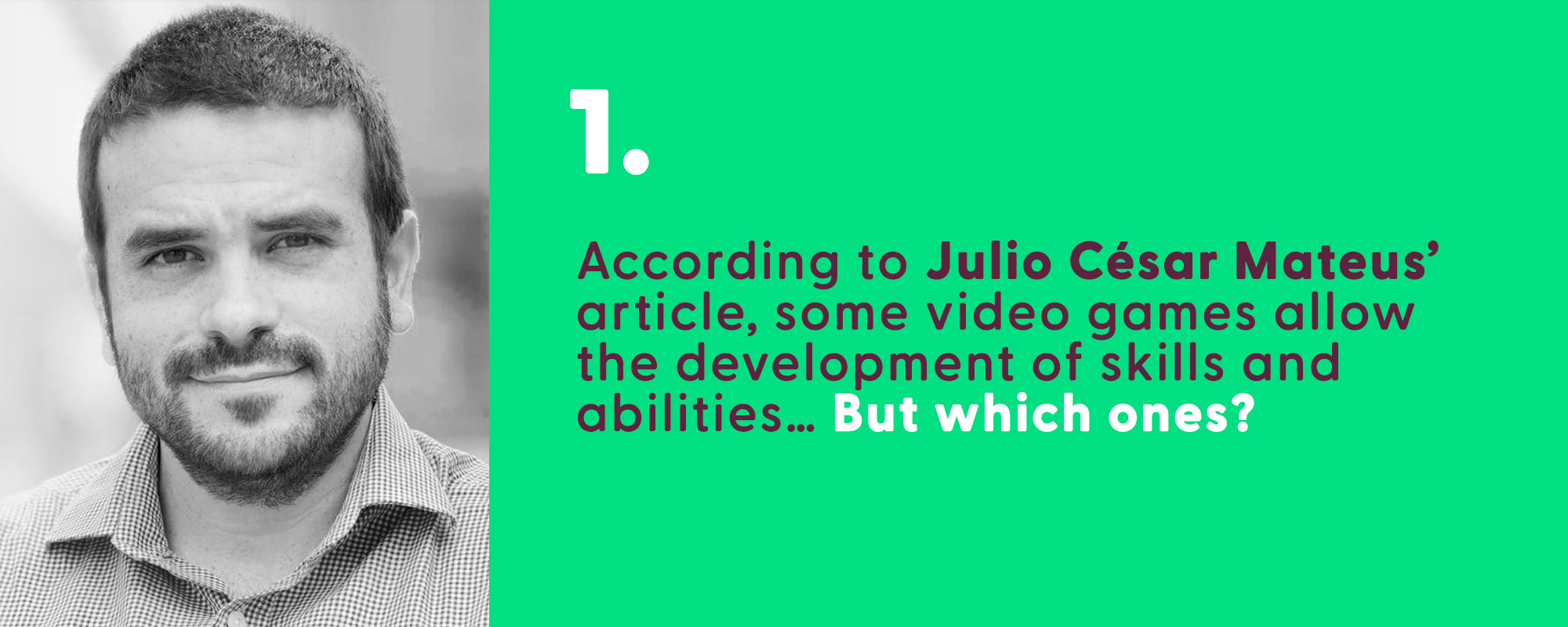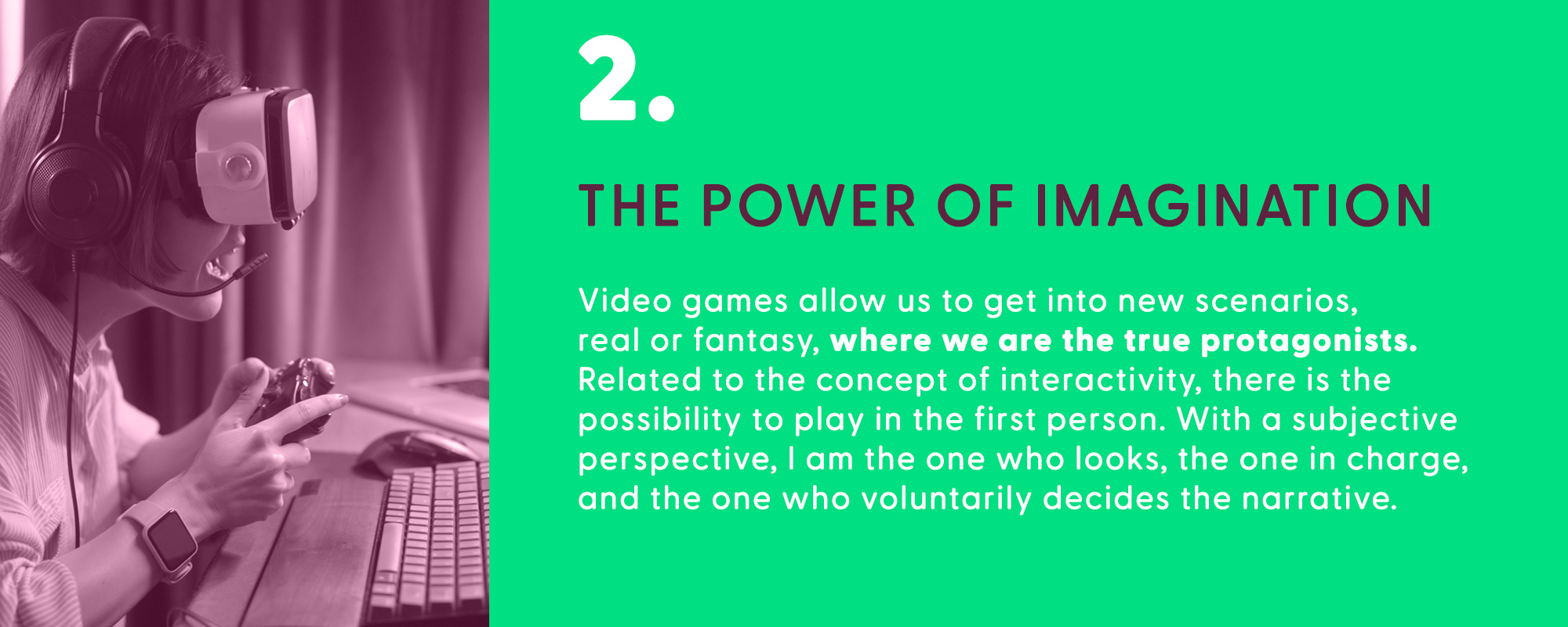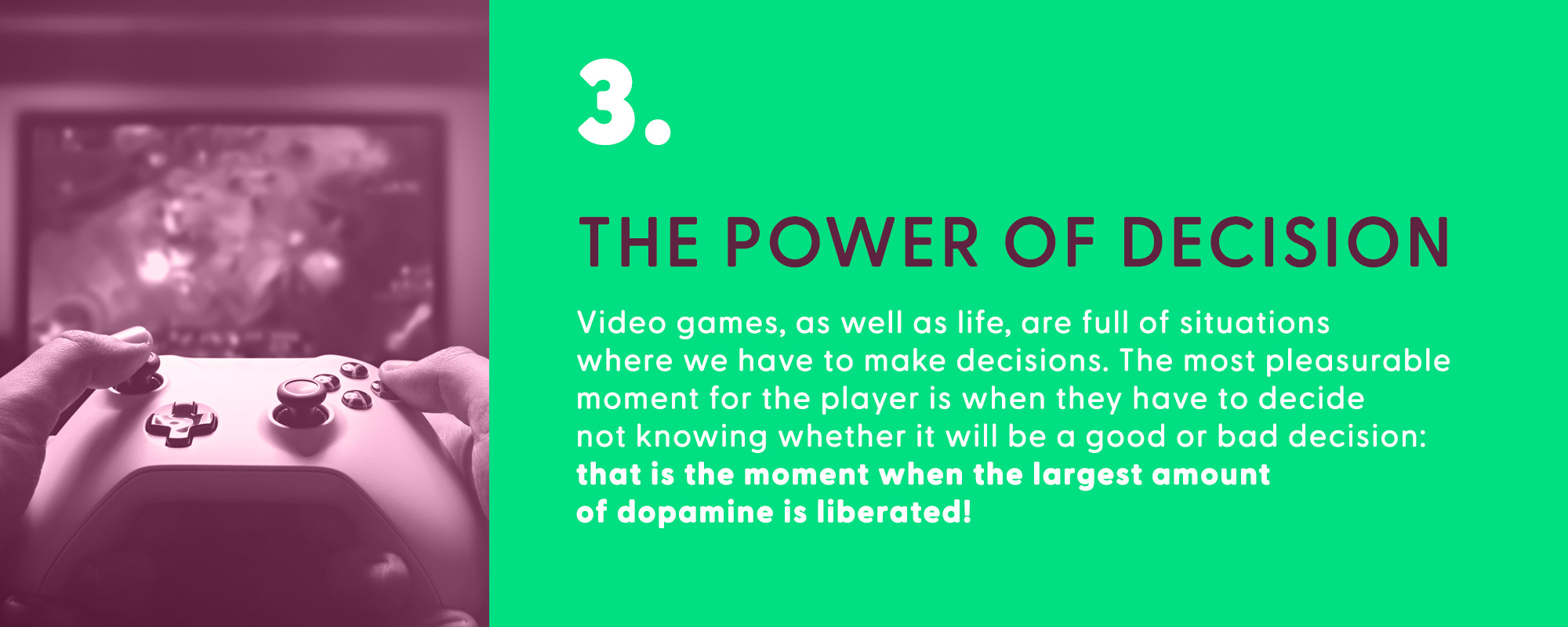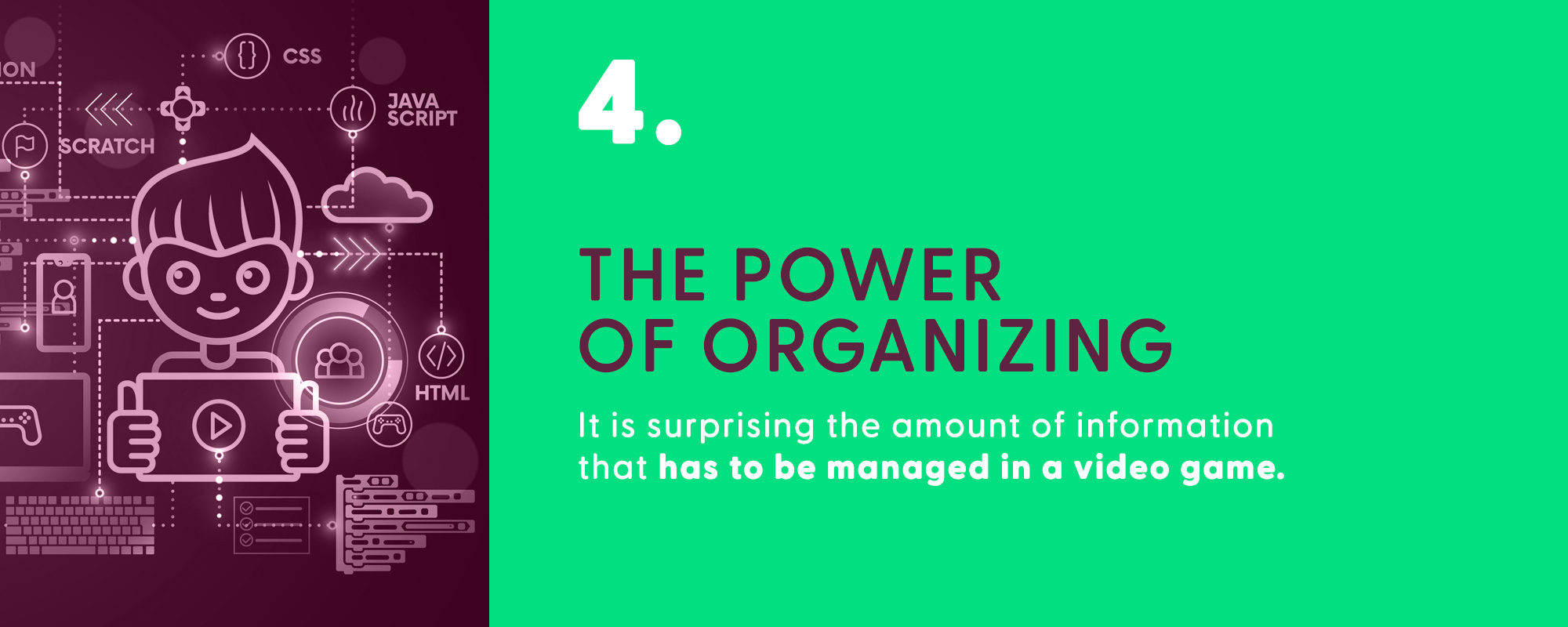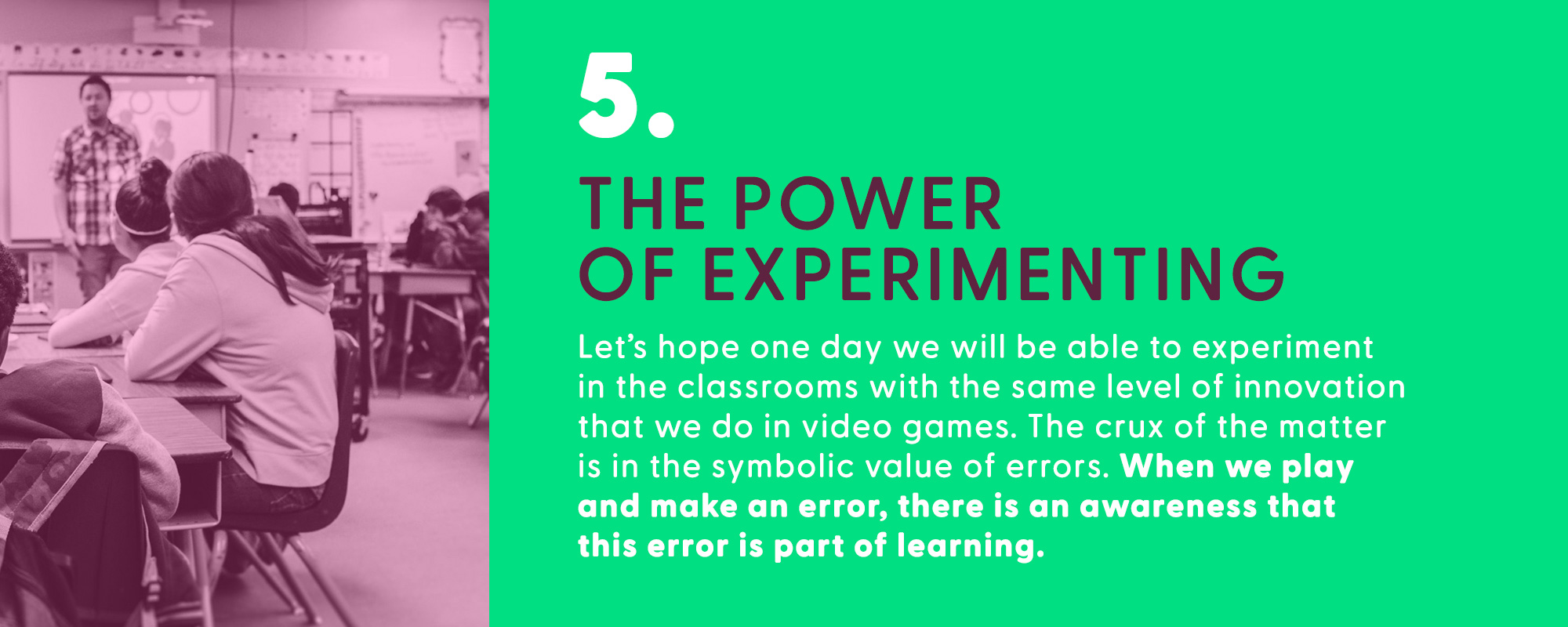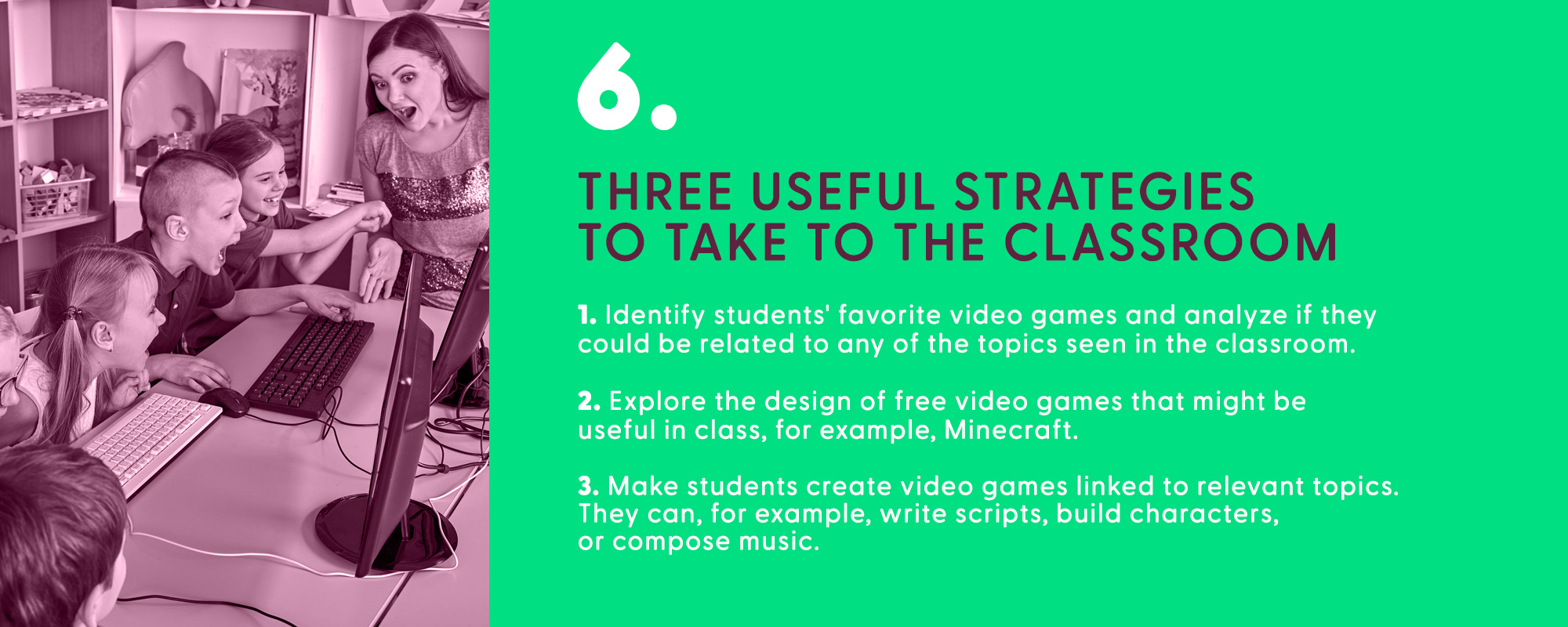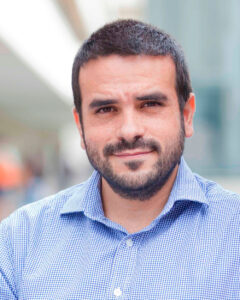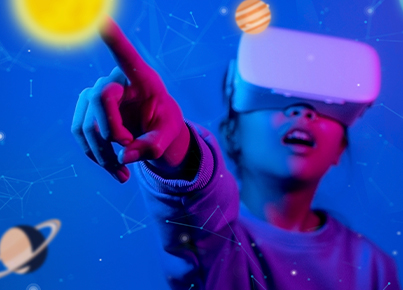Can we imagine classes as a video game?
Julio César Mateus holds a Ph.D. in Communication by the University Pompeu Fabra Barcelona and is a professor and researcher at the University of Lima. He specializes in Media Education and Digital Cultures.
In his article, which can be read complete here, he invites the reader to reflect on video games and education with the aim of regaining the ludic component while teaching contents and, at the same time, he offers strategies to include video games even when there are few is a lack of resources. Dr. Mateus establishes an interesting relation between ludic and technical advances of video games and learning theories.
One of the central aspects raised is the video games possibilities to interact which gives the student an active role in his learning process boosting his motivation, and transforming the “I must learn” into “I want to learn”.
On the other hand, he highlights the importance of error handling. It is known that errors are part of playing video games: children try hard to learn fast so they can reach new goals and continue playing, which implies they can incorporate progressively new knowledge and abilities in each stage they get past, achieving in this way significant and active learnings. This is enhanced by the collaborative work developed among peers to reach goals.
There are several positive aspects of the skills acquired by children and teens, among them, attention, memory, problem solving, and critical thinking stand out.
The challenge for teachers? To learn about their students’ digital culture so as to understand what and how they play, what bonds they build from interaction, and of course, to develop certain creativity to relate all that to the curriculum subjects. Do you dare?

